IEEE Standard for
Local and metropolitan area networks—
Part 15.4: Low-Rate Wireless Personal Area
Networks (LR-WPANs)
Amendment 1: MAC sublayer
IEEE Computer Society
Sponsored by the
LAN/MAN Standards Committee
IEEE
3 Park Avenue
New York, NY 10016-5997
USA
16 April 2012
IEEE Std 802.15.4e™-2012
(Amendment to
IEEE Std 802.15.4™-2011)
�
�
IEEE Std 802.15.4e™-2012
(Amendment to
IEEE Std 802.15.4™-2011)
IEEE Standard for
Local and metropolitan area networks—
Part 15.4: Low-Rate Wireless Personal Area
Networks (LR-WPANs)
Amendment 1: MAC sublayer
Sponsor
LAN/MAN Standards Committee
of the
IEEE Computer Society
Approved 6 February 2012
IEEE-SA Standards Board
�
Abstract: IEEE Std 802.15.4-2011 is amended by this standard. The intention of this amendment
is to enhance and add functionality to the IEEE 802.15.4 MAC to (a) better support the industrial
markets and (b) permit compatibility with modifications being proposed within the Chinese WPAN.
Keywords: asynchronous multi-channel adaptation (AMCA), deterministic and synchronous multi-
channel extension (DSME), enhanced beacon request (EBR), enhancements for security, fast
association (FastA), IEEE 802.15.4, lEEE 802.15.4e, low energy, low latency deterministic
networks (LLDN), MAC performance metrics (metrics), RFID Blink, timeslotted channel hopping
(TSCH)
The Institute of Electrical and Electronics Engineers, Inc.
3 Park Avenue, New York, NY 10016-5997, USA
Copyright © 2012 by The Institute of Electrical and Electronics Engineers, Inc.
All rights reserved. Published 16 April 2012. Printed in the United States of America.
IEEE is a registered trademark in the U.S. Patent & Trademark Office, owned by The Institute of Electrical and Electronics
Engineers, Incorporated.
The Bluetooth trademark is owned by Bluetooth SIG, Inc. USA.
WirelessHART is a registered trademark of the HART Communication Foundation.
ZigBee is a registered trademark of the ZigBee Alliance.
Print:
PDF:
ISBN 978-0-7381-7204-0
ISBN 978-0-7381-7225-5
STD97211
STDPD97211
IEEE prohibits discrimination, harassment and bullying. For more information, visit http://www.ieee.org/web/aboutus/whatis/policies/p9-26.html.
No part of this publication may be reproduced in any form, in an electronic retrieval system or otherwise, without the prior written permission of the
publisher.
�
Notice and Disclaimer of Liability Concerning the Use of IEEE Documents: IEEE Standards documents are developed
within the IEEE Societies and the Standards Coordinating Committees of the IEEE Standards Association (IEEE-SA)
Standards Board. IEEE develops its standards through a consensus development process, approved by the American National
Standards Institute, which brings together volunteers representing varied viewpoints and interests to achieve the final product.
Volunteers are not necessarily members of the Institute and serve without compensation. While IEEE administers the process
and establishes rules to promote fairness in the consensus development process, IEEE does not independently evaluate, test, or
verify the accuracy of any of the information or the soundness of any judgments contained in its standards.
Use of an IEEE Standard is wholly voluntary. IEEE disclaims liability for any personal injury, property or other damage, of any
nature whatsoever, whether special, indirect, consequential, or compensatory, directly or indirectly resulting from the
publication, use of, or reliance upon any IEEE Standard document.
IEEE does not warrant or represent the accuracy or content of the material contained in its standards, and expressly disclaims
any express or implied warranty, including any implied warranty of merchantability or fitness for a specific purpose, or that the
use of the material contained in its standards is free from patent infringement. IEEE Standards documents are supplied "AS IS."
The existence of an IEEE Standard does not imply that there are no other ways to produce, test, measure, purchase, market, or
provide other goods and services related to the scope of the IEEE standard. Furthermore, the viewpoint expressed at the time a
standard is approved and issued is subject to change brought about through developments in the state of the art and comments
received from users of the standard. Every IEEE standard is subjected to review at least every ten years. When a document is
more than ten years old and has not undergone a revision process, it is reasonable to conclude that its contents, although still of
some value, do not wholly reflect the present state of the art. Users are cautioned to check to determine that they have the latest
edition of any IEEE standard.
In publishing and making its standards available, IEEE is not suggesting or rendering professional or other services for, or on
behalf of, any person or entity. Nor is IEEE undertaking to perform any duty owed by any other person or entity to another. Any
person utilizing any IEEE Standards document, should rely upon his or her own independent judgment in the exercise of
reasonable care in any given circumstances or, as appropriate, seek the advice of a competent professional in determining the
appropriateness of a given IEEE standard.
Translations: The IEEE consensus development process involves the review of documents in English only. In the event that an
IEEE standard is translated, only the English version published by IEEE should be considered the approved IEEE standard.
Official Statements: A statement, written or oral, that is not processed in accordance with the IEEE-SA Standards Board
Operations Manual shall not be considered the official position of IEEE or any of its committees and shall not be considered to
be, nor be relied upon as, a formal position of IEEE. At lectures, symposia, seminars, or educational courses, an individual
presenting information on IEEE standards shall make it clear that his or her views should be considered the personal views of
that individual rather than the formal position of IEEE.
Comments on Standards: Comments for revision of IEEE Standards documents are welcome from any interested party,
regardless of membership affiliation with IEEE. However, IEEE does not provide consulting information or advice pertaining
to IEEE Standards documents. Suggestions for changes in documents should be in the form of a proposed change of text,
together with appropriate supporting comments. Since IEEE standards represent a consensus of concerned interests, it is
important to ensure that any responses to comments and questions also receive the concurrence of a balance of interests. For
this reason, IEEE and the members of its societies and Standards Coordinating Committees are not able to provide an instant
response to comments or questions except in those cases where the matter has previously been addressed. Any person who
would like to participate in evaluating comments or revisions to an IEEE standard is welcome to join the relevant IEEE working
group at http://standards.ieee.org/develop/wg/.
Comments on standards should be submitted to the following address:
Secretary, IEEE-SA Standards Board
445 Hoes Lane
Piscataway, NJ 08854
USA
Photocopies: Authorization to photocopy portions of any individual standard for internal or personal use is granted by The
Institute of Electrical and Electronics Engineers, Inc., provided that the appropriate fee is paid to Copyright Clearance Center.
To arrange for payment of licensing fee, please contact Copyright Clearance Center, Customer Service, 222 Rosewood Drive,
Danvers, MA 01923 USA; +1 978 750 8400. Permission to photocopy portions of any individual standard for educational
classroom use can also be obtained through the Copyright Clearance Center.
�
Notice to users
Laws and regulations
Users of IEEE Standards documents should consult all applicable laws and regulations. Compliance with the
provisions of any IEEE Standards document does not imply compliance to any applicable regulatory
requirements. Implementers of the standard are responsible for observing or referring to the applicable
regulatory requirements. IEEE does not, by the publication of its standards, intend to urge action that is not
in compliance with applicable laws, and these documents may not be construed as doing so.
Copyrights
This document is copyrighted by the IEEE. It is made available for a wide variety of both public and private
uses. These include both use, by reference, in laws and regulations, and use in private self-regulation,
standardization, and the promotion of engineering practices and methods. By making this document
available for use and adoption by public authorities and private users, the IEEE does not waive any rights in
copyright to this document.
Updating of IEEE documents
Users of IEEE Standards documents should be aware that these documents may be superseded at any time
by the issuance of new editions or may be amended from time to time through the issuance of amendments,
corrigenda, or errata. An official IEEE document at any point in time consists of the current edition of the
document together with any amendments, corrigenda, or errata then in effect. In order to determine whether
a given document is the current edition and whether it has been amended through the issuance of
amendments, corrigenda, or errata, visit the IEEE-SA Website at http://standards.ieee.org/index.html or
contact the IEEE at the address listed previously. For more information about the IEEE Standards
Association or the IEEE standards development process, visit IEEE-SA Website at http://standards.ieee.org/
index.html.
Errata
Errata, if any, for this and all other standards can be accessed at the following URL: http://
standards.ieee.org/findstds/errata/index.html. Users are encouraged to check this URL for errata
periodically.
Patents
Attention is called to the possibility that implementation of this standard may require use of subject matter
covered by patent rights. By publication of this standard, no position is taken by the IEEE with respect to the
existence or validity of any patent rights in connection therewith. If a patent holder or patent applicant has
filed a statement of assurance via an Accepted Letter of Assurance, then the statement is listed on the IEEE-
SA Website at http://standards.ieee.org/about/sasb/patcom/patents.html. Letters of Assurance may indicate
whether the Submitter is willing or unwilling to grant licenses under patent rights without compensation or
under reasonable rates, with reasonable terms and conditions that are demonstrably free of any unfair
discrimination to applicants desiring to obtain such licenses.
iv
Copyright © 2012 IEEE. All rights reserved.
�
Essential Patent Claims may exist for which a Letter of Assurance has not been received. The IEEE is not
responsible for identifying Essential Patent Claims for which a license may be required, for conducting
inquiries into the legal validity or scope of Patents Claims, or determining whether any licensing terms or
conditions provided in connection with submission of a Letter of Assurance, if any, or in any licensing
agreements are reasonable or non-discriminatory. Users of this standard are expressly advised that
determination of the validity of any patent rights, and the risk of infringement of such rights, is entirely their
own responsibility. Further information may be obtained from the IEEE Standards Association.
Copyright © 2012 IEEE. All rights reserved.
v
�
Participants
At the time this amendment was submitted to the IEEE-SA Standards Board for approval, the IEEE P802.15
Working Group had the following voting members:
Robert F. Heile, Chair
Rick Alfvin, Co-Vice Chair
Patrick W. Kinney, Co-Vice Chair, Secretary
James P. K. Gilb, Technical Editor
Clint Chaplin, Treasurer
Seong-Soon Joo, Task Group 4e Chair
Patrick W. Kinney, Task Group 4e past Chair and Secretary
Ludwig Winkel, Task Group 4e Chief-Editor
Gahng-Seop Ahn, Task Group 4e Co-Editor
Jonathan Simon, Task Group 4e Co-Editor
Benjamin Rolfe, Task Group 4e Co-Editor
Wun-Cheol Jeong, Task Group 4e Co-Editor
Liang Li, Task Group 4e Co-Editor
Emad Afifi
Roberto Aiello
Arthur Astrin
Taehan Bae
Michael Bahr
John Barr
Anuj Batra
Tuncer Baykas
Philip Beecher
Ashutosh Bhatia
Ghulam Bhatti
Gary Birk
Mathew Boytim
Peter David Bradley
Nancy Bravin
David Britz
Monique Brown
Sverre Brubk
Brian Buchanan
John Buffington
Kiran Bynam
Brent Cain
Edgar Callaway
Chris Calvert
Ruben Cardozo
Douglas Castor
Jaesang Cha
Russell Chandler
Soo-Young Chang
Kuor-Hsin Chang
Hind Chebbo
Chang-Soon Choi
Sangsung Choi
Ciaran Connell
David Cypher
Matthew Dahl
David Davenport
Mark Dawkins
Hendricus De Ruijter
Upkar Dhaliwal
Gang Ding
Paul Dixon
Guido Dolmans
Igor Dotlic
Michael Dow
Dietmar Eggert
David Evans
Charles Farlow
John Farserotu
Jeffrey Fischbeck
Mike Fischer
George Flammer
Ryosuke Fujiwara
Noriyasu Fukatsu
Kiyoshi Fukui
John Geiger
Gregory Gillooly
Tim Godfrey
Paul Gorday
Elad Gottlib
Robert Hall
Shinsuke Hara
Hiroshi Harada
Timothy Harrington
Rodney Hemminger
Marco Hernandez
Garth Hillman
Jin-Meng Ho
Wei Hong
Srinath Hosur
David Howard
Taeho Hwang
Jung-Hwan Hwang
Ichirou Ida
Tetsushi Ikegami
Akio Iso
Yeong Min Jang
Adrian Jennings
Steven Jillings
Tae Kang
Noh-Gyoung Kang
Tae-Gyu Kang
Tatsuya Kato
Shuzo Kato
Jeritt Kent
Prithpal Khakuria
Dae Ho Kim
Dong-Sun Kim
Dukhyun Kim
Jaehwan Kim
Jeffrey King
Ryuji Kohno
Fumihide Kojima
Bruce Kraemer
Raymond Krasinski
Masahiro Kuroda
John Lampe
Zhou Lan
Khanh Le
Cheolhyo Lee
Hyungsoo Lee
Myung Lee
Daniel Lewis
Huan-Bang Li
Sang-Kyu Lim
Jeremy Link
Michael Lynch
Robert Mason
Tomokuni Matsumura
Jeff McCullough
Michael McGillan
Michael McInnis
vi
Copyright © 2012 IEEE. All rights reserved.
�
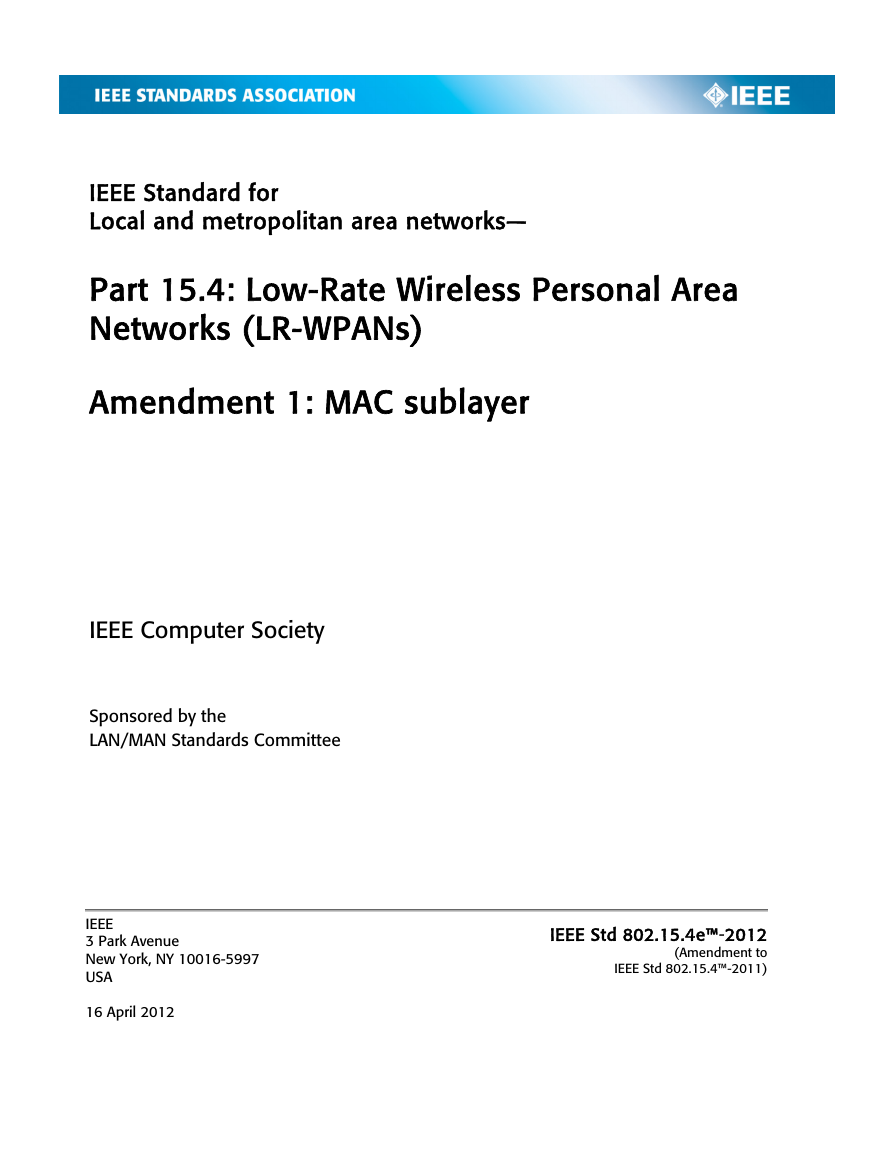

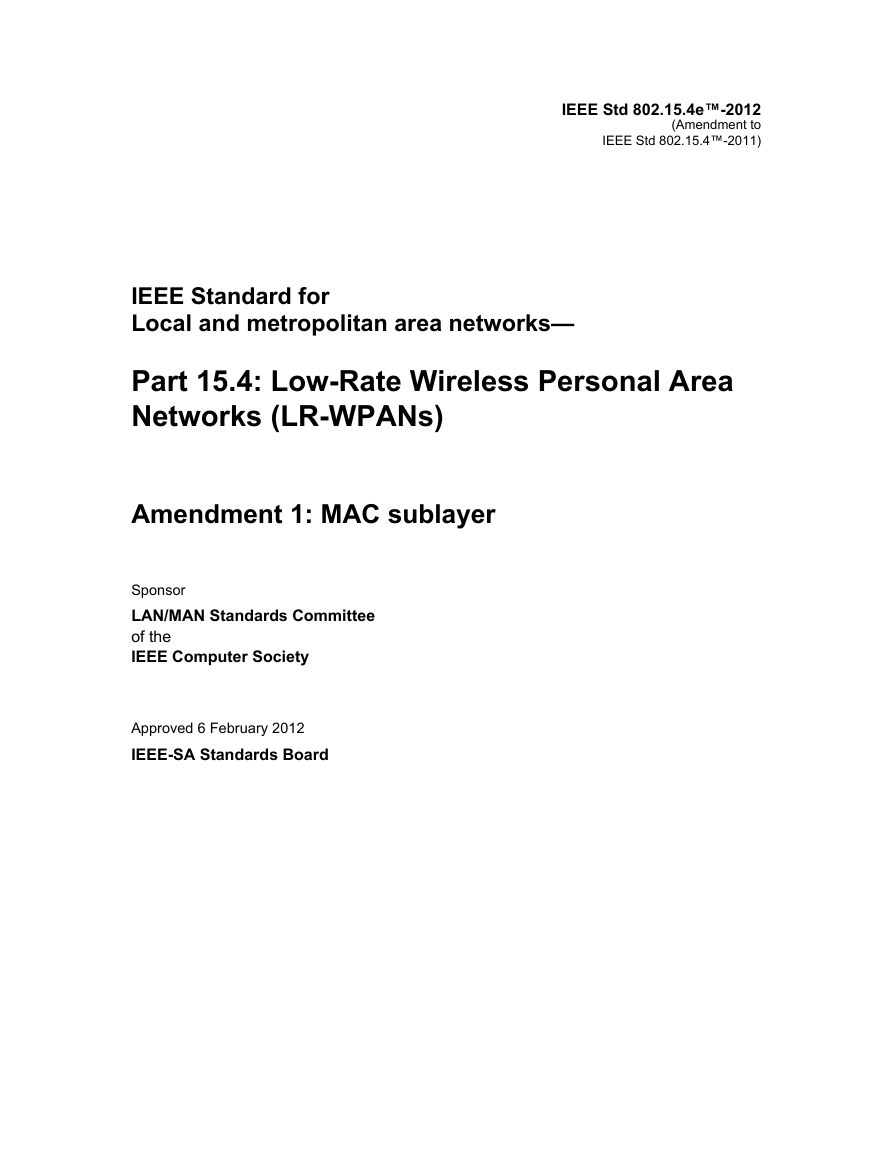
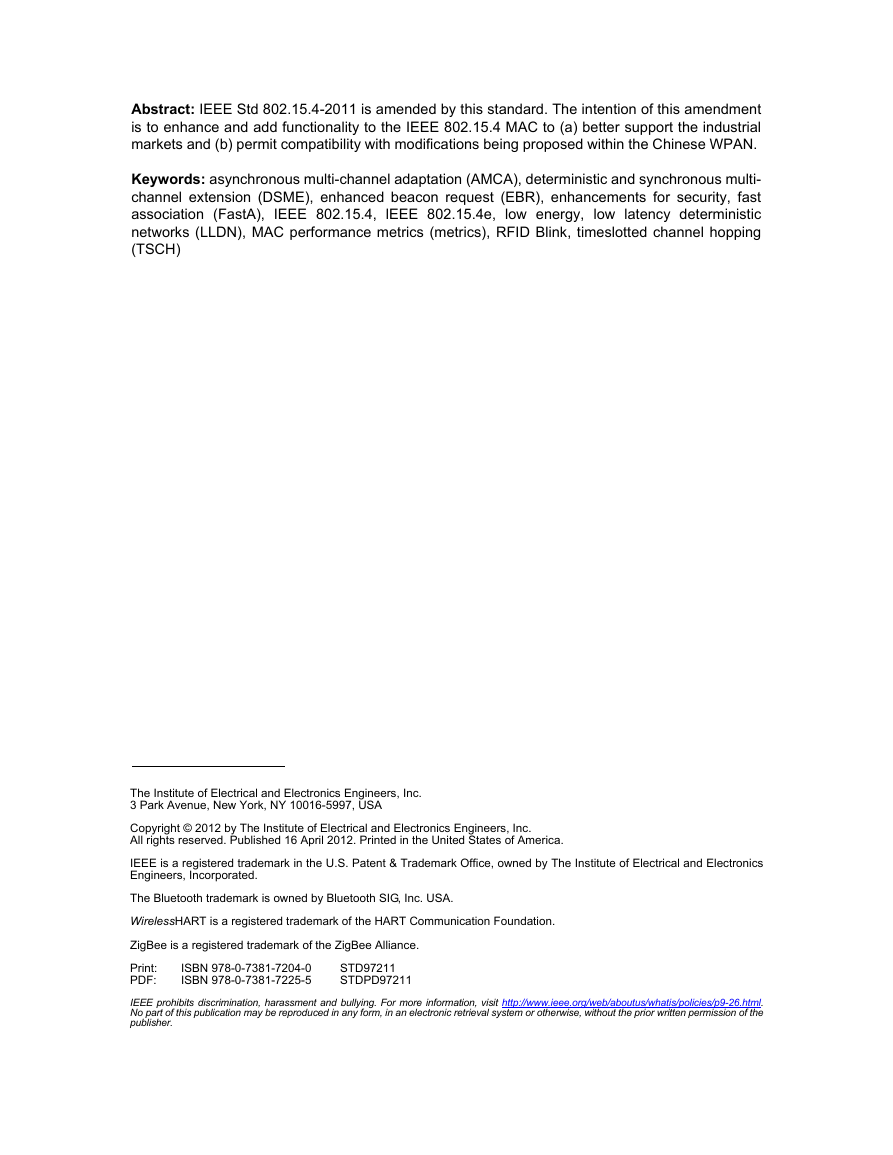
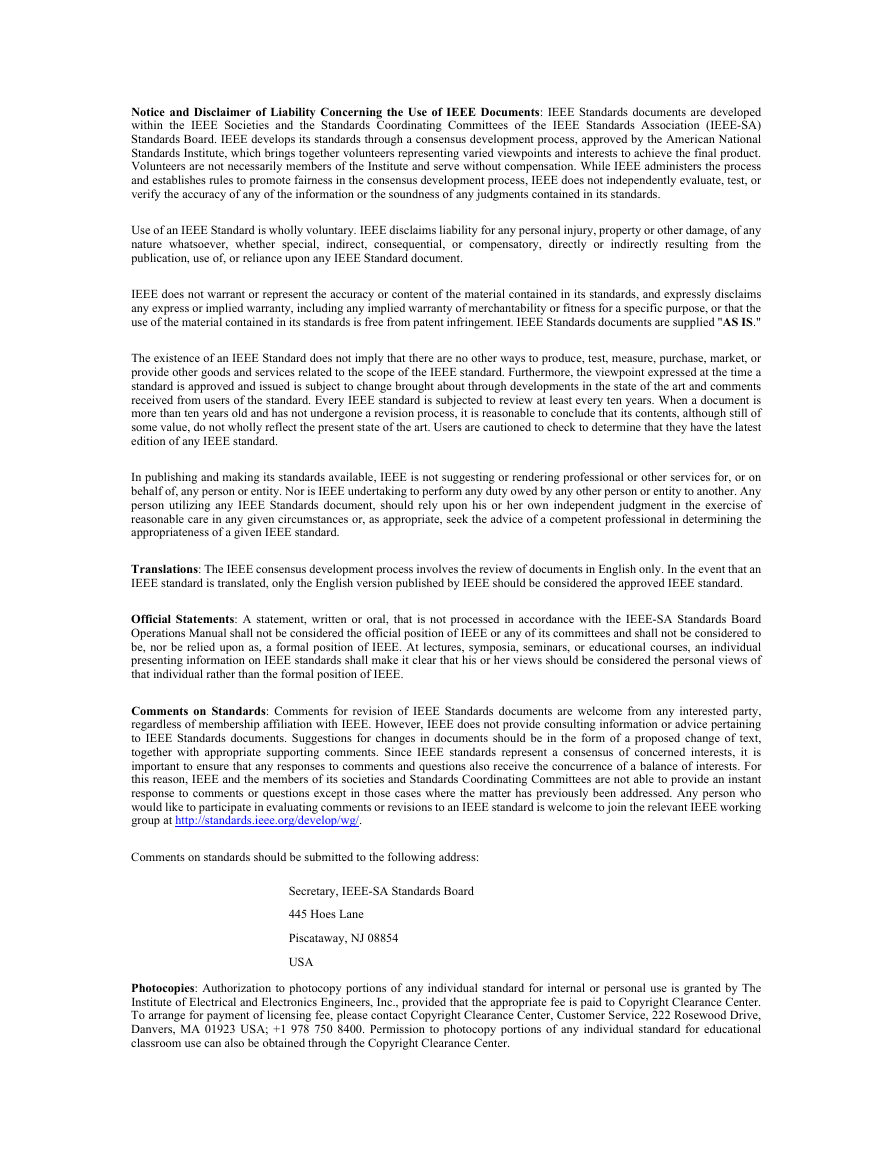
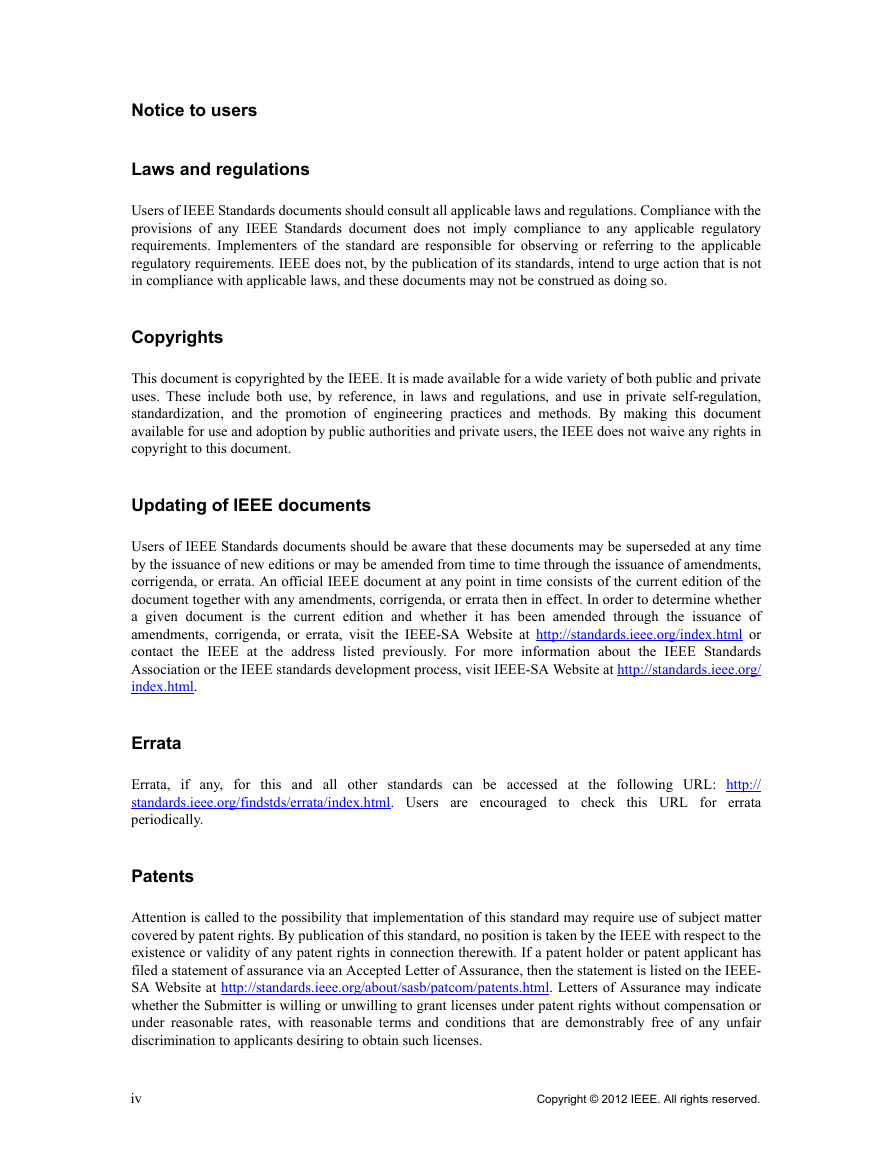
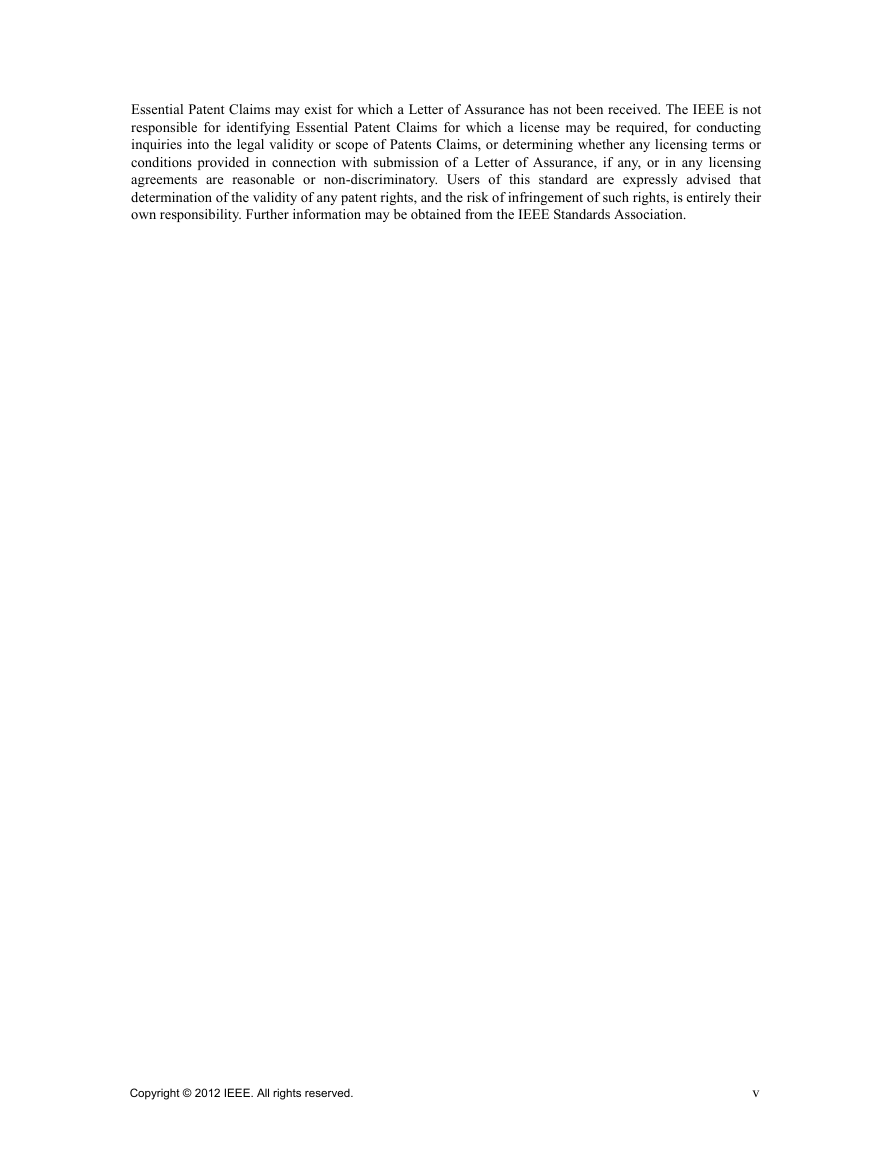
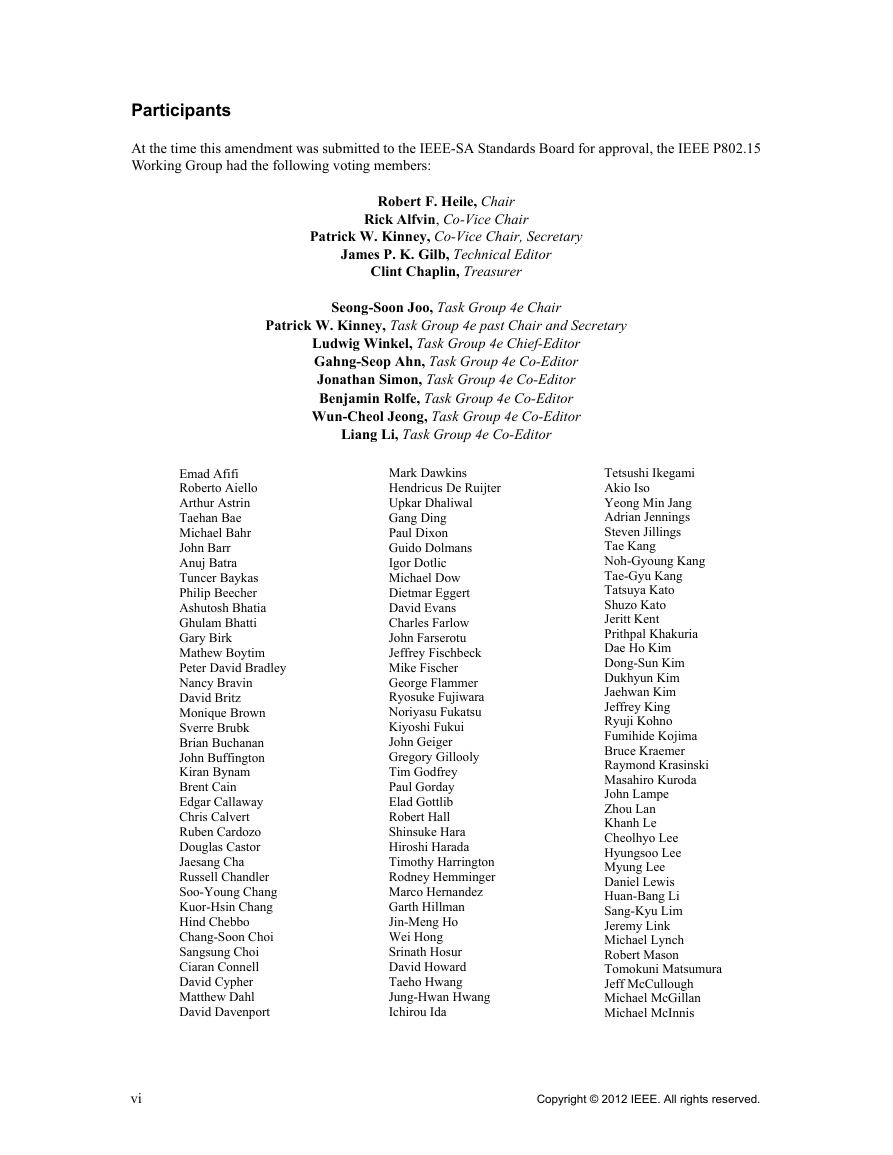








 2023年江西萍乡中考道德与法治真题及答案.doc
2023年江西萍乡中考道德与法治真题及答案.doc 2012年重庆南川中考生物真题及答案.doc
2012年重庆南川中考生物真题及答案.doc 2013年江西师范大学地理学综合及文艺理论基础考研真题.doc
2013年江西师范大学地理学综合及文艺理论基础考研真题.doc 2020年四川甘孜小升初语文真题及答案I卷.doc
2020年四川甘孜小升初语文真题及答案I卷.doc 2020年注册岩土工程师专业基础考试真题及答案.doc
2020年注册岩土工程师专业基础考试真题及答案.doc 2023-2024学年福建省厦门市九年级上学期数学月考试题及答案.doc
2023-2024学年福建省厦门市九年级上学期数学月考试题及答案.doc 2021-2022学年辽宁省沈阳市大东区九年级上学期语文期末试题及答案.doc
2021-2022学年辽宁省沈阳市大东区九年级上学期语文期末试题及答案.doc 2022-2023学年北京东城区初三第一学期物理期末试卷及答案.doc
2022-2023学年北京东城区初三第一学期物理期末试卷及答案.doc 2018上半年江西教师资格初中地理学科知识与教学能力真题及答案.doc
2018上半年江西教师资格初中地理学科知识与教学能力真题及答案.doc 2012年河北国家公务员申论考试真题及答案-省级.doc
2012年河北国家公务员申论考试真题及答案-省级.doc 2020-2021学年江苏省扬州市江都区邵樊片九年级上学期数学第一次质量检测试题及答案.doc
2020-2021学年江苏省扬州市江都区邵樊片九年级上学期数学第一次质量检测试题及答案.doc 2022下半年黑龙江教师资格证中学综合素质真题及答案.doc
2022下半年黑龙江教师资格证中学综合素质真题及答案.doc